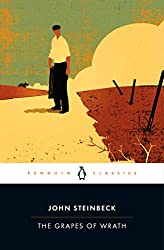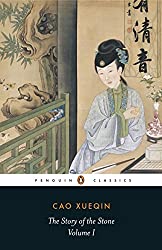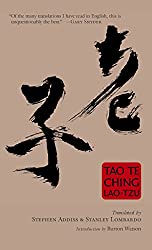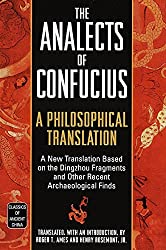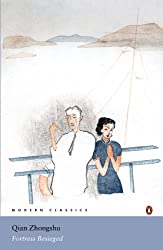
Rating: 8.0/10.
A classic Chinese novel of the 20th century, set in 1937, a period of chaos and disorder in Chinese history when it was being invaded by the Japanese. The main character, Fang Hongjian, is a student who studied in Europe for a few years but drifted around without earning a degree and ended up buying a fake PhD from an Irishman. The first part of the book takes on a ship, where Fang is returning to China from Europe. He pursues several women, and during his stay in Shanghai, gets involved in a love triangle that ends poorly for all parties.
Fang then gets invited to a teaching post in the interior Hunan province. He makes the long journey there with a group of companions, including Zhao Xinmei (who was involved in the love triangle) and Sun Roujia (whom he eventually marries). In the university, Fang struggles to survive the internal politics and gets dismissed. He returns to Shanghai with his new wife, but as soon as they are married, they fight constantly over every minor detail, and this is where the novel ends.
Fortress Besieged is a complex novel with many different themes. First is love – it is most well known for the quote “marriage is like a fortress besieged: those who are outside want to get in and those who are inside want to get out”. The marriage between Fang and Sun is a disastrous one where both are miserable. Sun Roujia only reveals her true self when they are married, and turns out to be very different from her exterior appearances. To be fair, the couple barely knew each other when they got married, so this outcome is probably to be expected.
The main character Fang Hongjian is one who lacks initiative – drifting his way through life and without strong preferences for anything. This indecisiveness is a big contributor to his poor outcomes: he readily quits his job when there is tension with his boss; he promptly abandons his pursuit of each woman as soon as he gets rejected and switches to the next one. He simply allows himself to be taken wherever life takes him, which is not a good place in a war-torn society where everyone is looking out for themselves.
The novel satirizes the attitudes of Chinese intellectuals, who comprise most of the characters in the book. The Chinese intellectuals consider western culture to be superior, and highly value degrees from western universities. They go to great lengths to imitate western behavior and flaunt their knowledge of literature and philosophy to impress each other. At the university, everyone is pretending to go through the motions, when it is clear that the teachers just want an easy paycheck and the students just want an easy degree.
Finally, the novel portrays everyday life during the Sino-Japanese war. This is the most apparent during the travel chapter – even though the characters are relatively well off, the journey is still extremely arduous. The group faces disgusting conditions in the inns and restaurants of rural China, and they starve for a few days while waiting for money to be transferred. There are no direct encounters with the Japanese anywhere in this novel, we can only see the indirect effects of the war, producing poverty throughout society.
